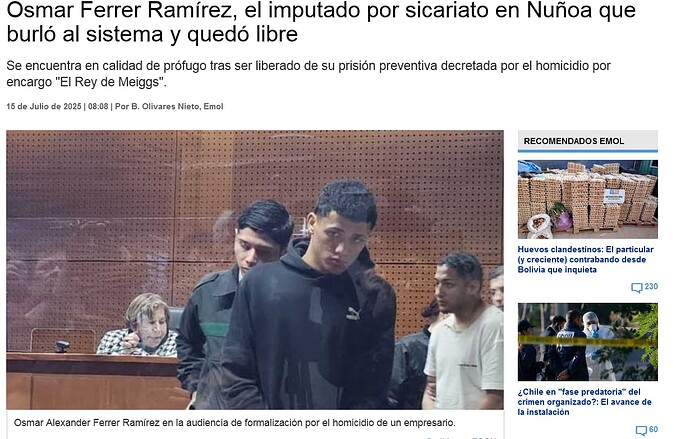You may recall a change in the electoral law few years ago during the Bachelet administration that allowed non-resident Chileans living abroad to vote in presidential elections at their local Consulate. This idea was based on the cynical assumption that most of these voters, for example the families of commies exiled during the military government, would opt for left-wing candidates.
In that case, the number of votes involved is pretty insignificant, but once again this government wants to tinker with the electoral laws to improve their electoral chances, and this time the effect will be much greater.
The Boric government proposes restricting the voting rights of foreigners resident in Chile to municipal, and not presidential elections.
With a naive miscalculation, they had initially assumed that these resident foreigners, being mainly economic refugees, would naturally favor the parties that proclaim their “solidarity” with the poorer sections of the population.
But immigrants, especially the Venezuelan and Cuban elements, have seen the outcome of leftwing regimes at first hand, and have no intention of voting for more of the same in Chile. As a result, as this poll shows, they overwhelmingly favour Right-Wing candidates.
This is obviously not what Boric & Co want to see happening, and they propose limiting foreign resident voting rights as a countermeasure. They obviously don’t see a contradiction between allowing nonresident Chileans living abroad to vote, while stopping resident foreigners in Chile from voting in the same elections. Or if they do, they are ignoring it.
Its brazen electoral manipulation, but that can only be expected from a government which has shown no moral scruples whatever.

